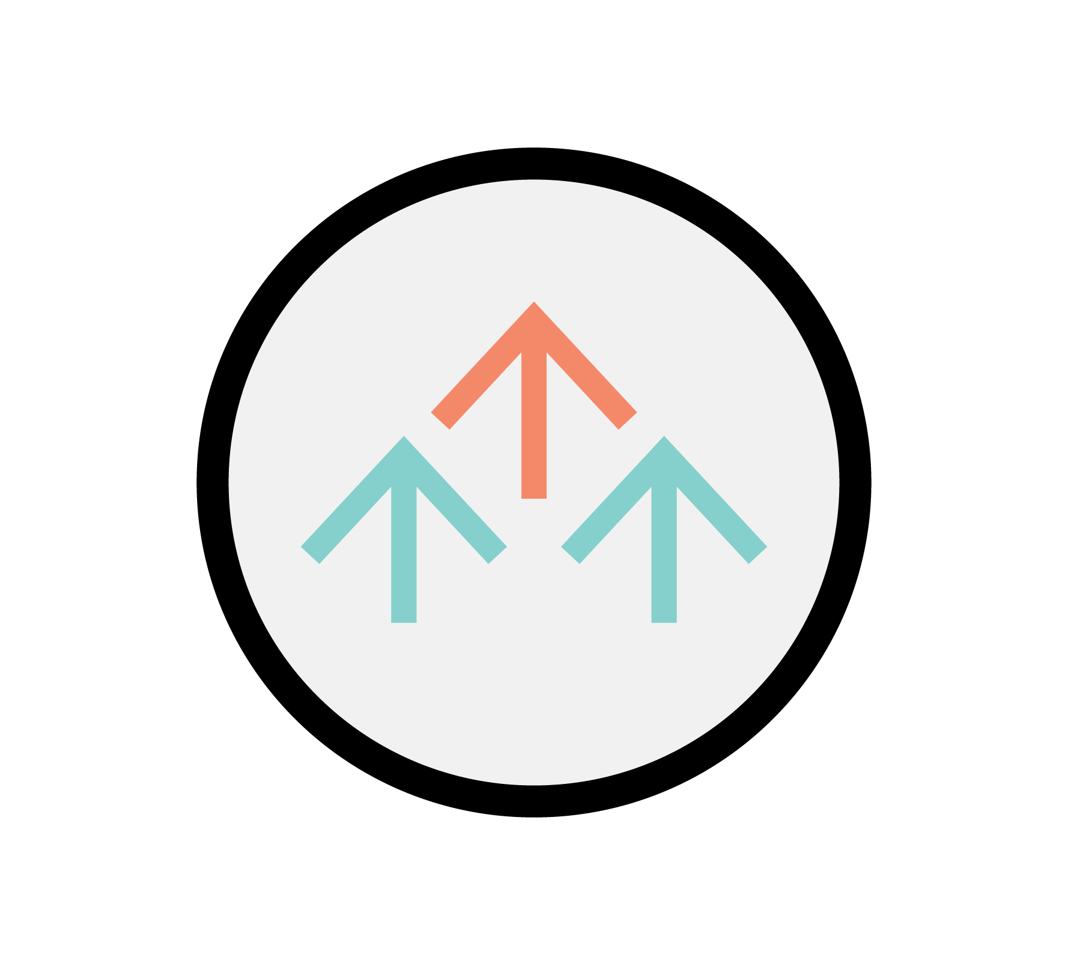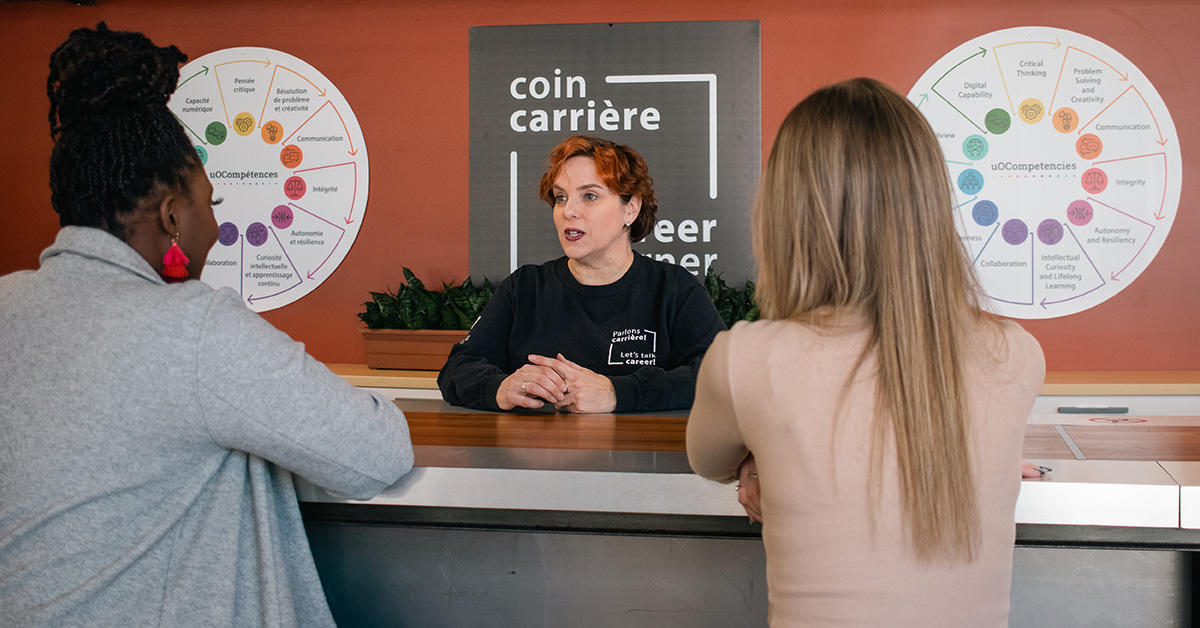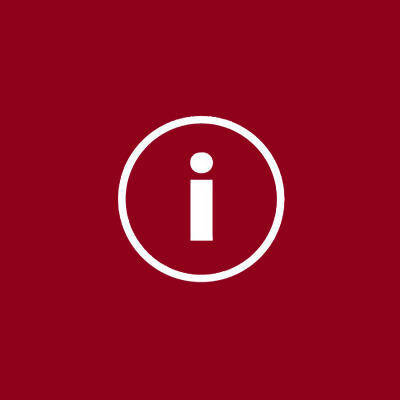
Career development
The Career corner gives you the tools to prepare and launch your career providing career development resources and networking opportunities.
Equip yourself with the Horizons program

Equip yourself with increased self-awareness, personal and professional skills, tools, strategies and resources, to give you the confidence to transition to the workforce and thrive in your career. Follow our career modules at your own pace during your studies.
Prepare your career

Expand your skill set
Throughout your university experience, you’ll develop personal, professional and academic skills that will help you in future job searches.


Leave your mark
Get help so you can “wow” employers with your:
Featured news

Land your dream job with the Horizons program
Inès Bouzbouz, a fourth-year human resources and marketing student, gives eight good reasons to register for the Horizons program to achieve your care…

Career Corner: A key stop on the way to your dream job
“Hey, didn’t there used to be a bar there?”
That’s a phrase sometimes overheard in the hallways of the University Centre.
That’s a phrase sometimes overheard in the hallways of the University Centre.

How volunteering can change the direction of your career
Learn how volunteering can help you discover your dream career through Shaylin's experience as first-year student majoring in human kinetics.

Job search scams and phishing emails
The University of Ottawa uses secured portals such as uOZone to post job opportunities for students. The recruitment and formal hiring processes would never be initiated by email.
The Career Corner promotes employment events, information sessions and career development workshops to students. Please note that no jobs will be shared via email.
For more information on cybersecurity and phishing emails
The Career Corner promotes employment events, information sessions and career development workshops to students. Please note that no jobs will be shared via email.
Contact us
Career Corner
University Centre
(2nd Floor – Room 216)
Ottawa ON Canada
K1N 6N5
Email: [email protected]
September 1 - May 30
Monday to Friday: 8:45 a.m. to 4:30 p.m.
June 1 - August 31
Monday to Friday: 8:45 a.m. to 3:30 p.m.
Book an appointment
The Career Corner offers a variety of career development services both virtually and in-person.



